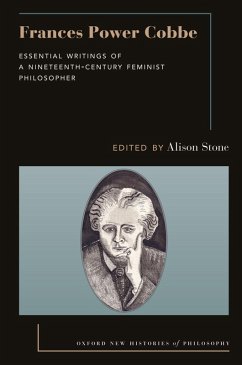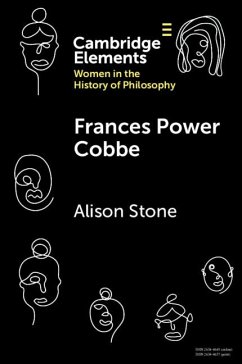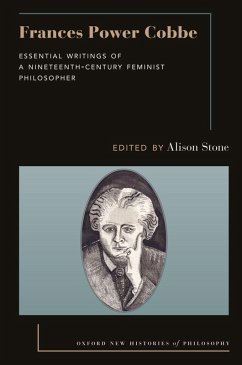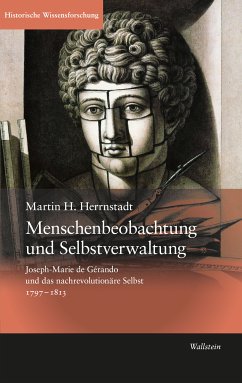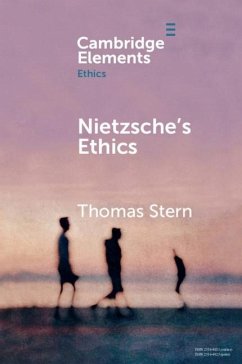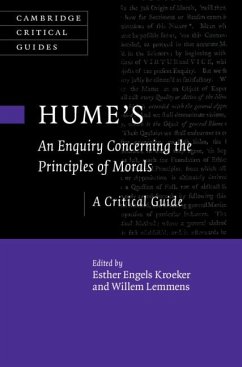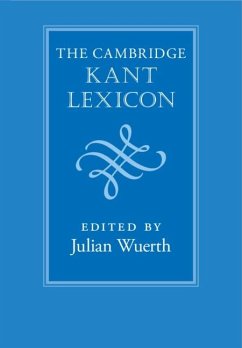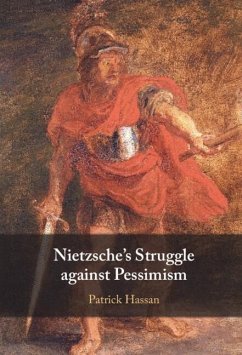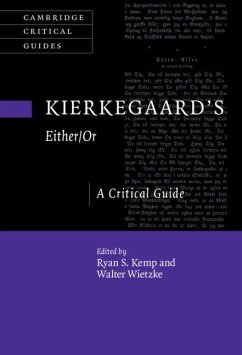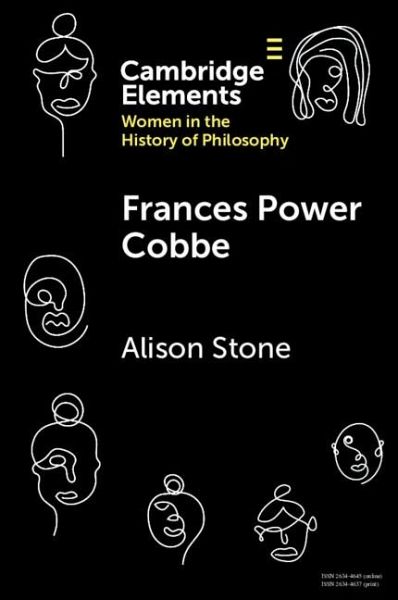
Frances Power Cobbe (eBook, PDF)
Versandkostenfrei!
Sofort per Download lieferbar
11,95 €
inkl. MwSt.
Weitere Ausgaben:

PAYBACK Punkte
6 °P sammeln!
This Element introduces the philosophy of Frances Power Cobbe (1822-1904), a very well-known moral theorist, advocate of animal welfare and women's rights, and critic of Darwinism and atheism in the Victorian era. After locating Cobbe's achievements within nineteenth-century British culture, this Element examines her duty-based moral theory of the 1850s and then her 1860s accounts of duties to animals, women's rights, and the mind and unconscious thought. From the 1870s, in critical response to Darwin's evolutionary ethics, Cobbe put greater moral weight on the emotions, especially sympathy. S...
This Element introduces the philosophy of Frances Power Cobbe (1822-1904), a very well-known moral theorist, advocate of animal welfare and women's rights, and critic of Darwinism and atheism in the Victorian era. After locating Cobbe's achievements within nineteenth-century British culture, this Element examines her duty-based moral theory of the 1850s and then her 1860s accounts of duties to animals, women's rights, and the mind and unconscious thought. From the 1870s, in critical response to Darwin's evolutionary ethics, Cobbe put greater moral weight on the emotions, especially sympathy. She now criticised atheism for undermining morality, emphasised women's duties to develop virtues of character, and recommended treating animals with sympathy and compassion. The Element links Cobbe's philosophical arguments to her campaigns for women's rights and against vivisection, brings in critical responses from her contemporaries, explains how she became omitted from the history of philosophy, and shows the lasting importance of her work.
Dieser Download kann aus rechtlichen Gründen nur mit Rechnungsadresse in A, B, BG, CY, CZ, D, DK, EW, E, FIN, F, GR, HR, H, IRL, I, LT, L, LR, M, NL, PL, P, R, S, SLO, SK ausgeliefert werden.




